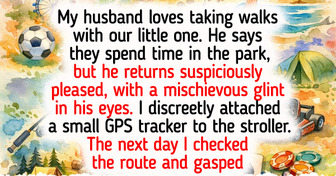Get him out of that school and put him into a different one or homeschool him.
My Son Scared His School Counselor—but the Truth Terrified Me Even More
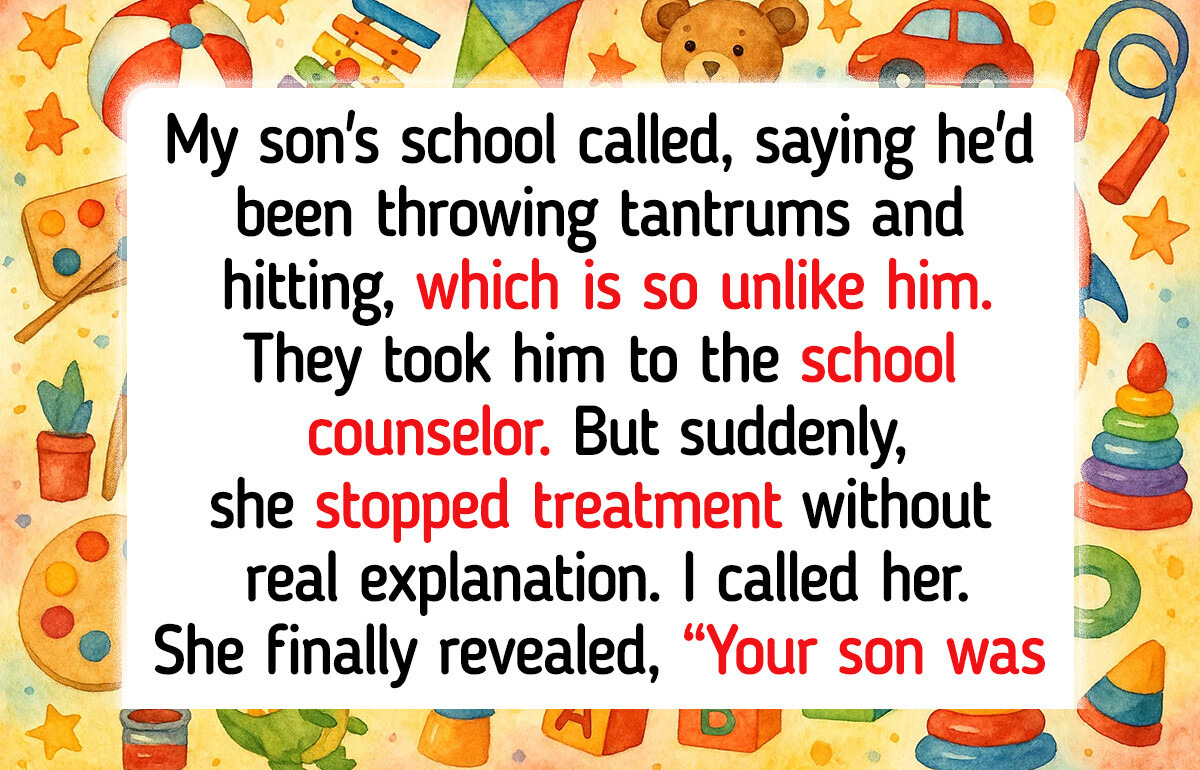
Sometimes, a phone call from your child’s school can change everything. What starts as a minor concern can spiral into a situation no parent is truly prepared for. That’s exactly what happened to Lana, a mother from Oregon, who was shocked when her son was suddenly removed from school counseling with no clear explanation. But what the counselor eventually told her left her feeling betrayed, helpless, and more afraid than ever. Here’s her emotional story.
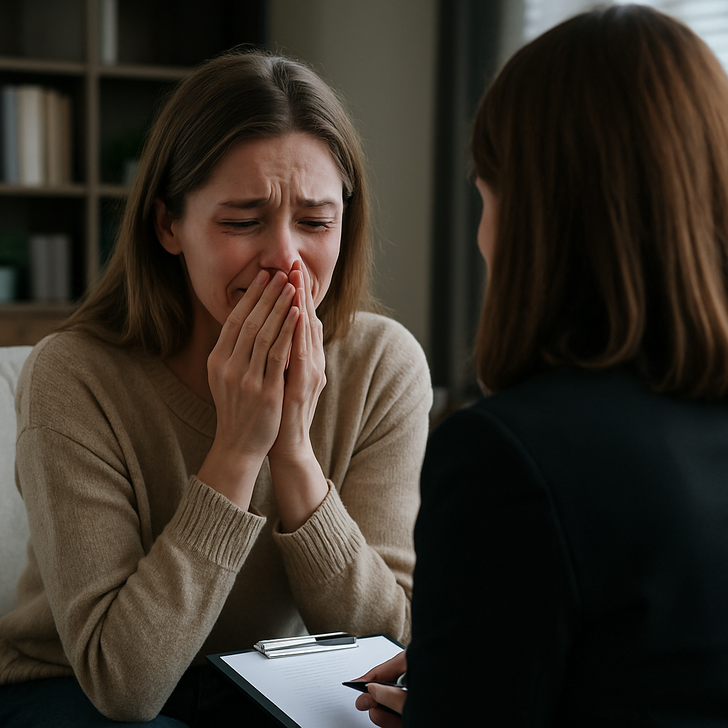
Hello, Bright Side.
My name is Lana, I’m from Oregon, and honestly, I don’t even know where to begin. I’m not someone who usually writes to websites or posts about my personal life, but right now, I feel like I’m drowning. And the worst part is... everyone around me is acting like it’s nothing. Like I’m the one making a big deal out of it.
It started a few weeks ago when I got a call from my son’s school. Noah is seven. He’s the kind of kid who says “bless you” when strangers sneeze in public. The kind of kid who still leaves me drawings under my pillow. So when the vice principal told me he had been "acting out"—throwing tantrums, pushing another kid—I thought they had the wrong child.
But no. It was Noah.
They said they were worried and had referred him to the school counselor. Honestly, I was grateful. I thought maybe this was what he needed. Ever since his dad and I got divorced earlier this year, he’s been quieter. A little more clingy. But I thought it was all within the realm of normal for a kid his age going through a huge change.
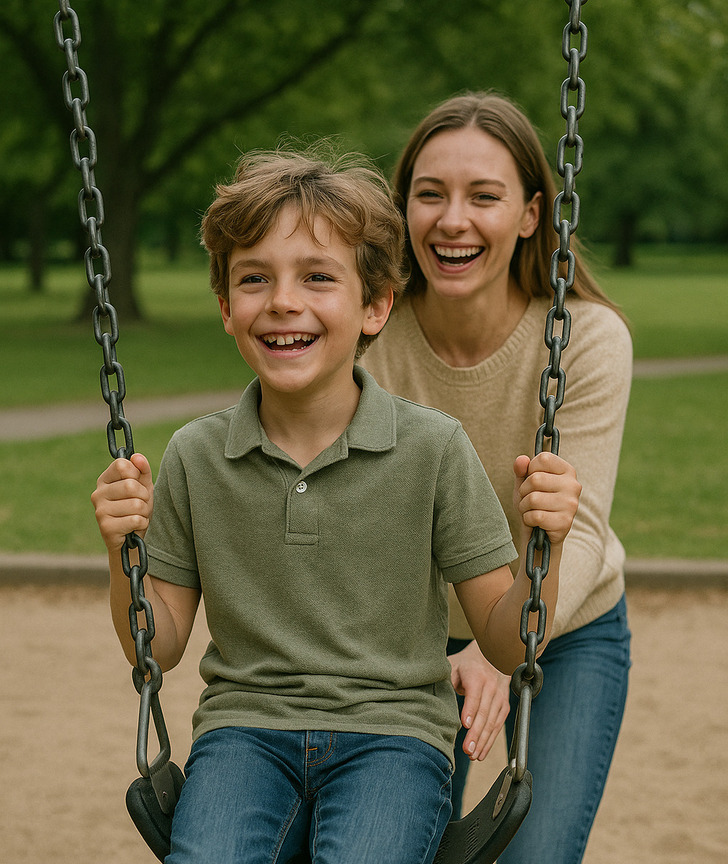
But then, without warning, the sessions stopped.
No explanation. No note in his backpack. No call. Nothing.
At first, I thought maybe they were just paused. But after a week of silence, I called the school. I left a message for the counselor. Then another. On my third try, she finally answered.
And she was... different. Cold. Dismissive. Her voice had this edge that made my stomach knot up before she even said anything. She told me she had decided to discontinue the sessions. When I asked why, she said:
“Your son became physically aggressive with me. He threw a toy across the room, and he was shouting things I won’t even repeat. Honestly, it was alarming. I don’t feel comfortable continuing sessions with him. He should see a private specialist.”
I blinked. I didn’t know what to say. I mean... Noah throws tantrums at home like any kid. But aggressive? Alarming?
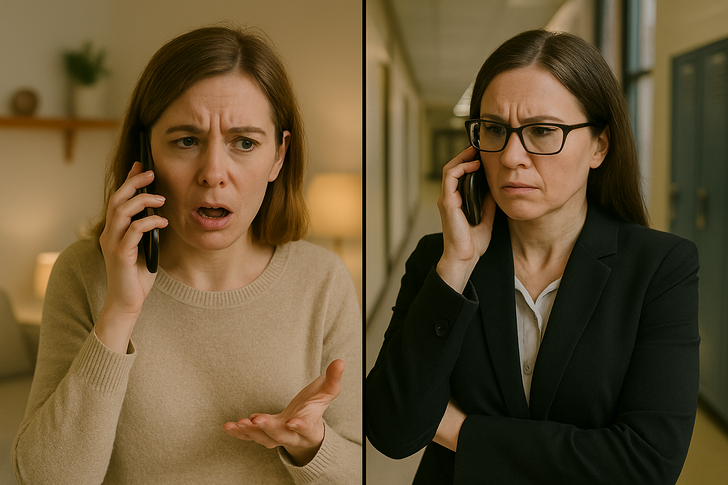
I tried to explain. I told her about the divorce. That maybe he’s confused, scared. That may be all This is his way of asking for help.
She cut me off:
“This isn’t about divorce. This is about a child who enjoys provoking and manipulating, who refuses to respect authority. I’ve seen patterns like this before.”
I swear, I felt something inside me snap. She wasn’t just describing bad behavior. She was painting my son as a bad person if he were already beyond repair. Like he was seven going on sociopath.
I asked her—actually, I begged her—if she could give me more information, or anything I could use to get him help. And she just said, flat-out:
“I have to prioritize my own safety and the safety of the other students. This isn’t something I’m equipped to handle.”
I left that call feeling like I’d been hit by a truck. And then came the guilt. Did I miss something? Did I not see signs? Is my son really that different from the little boy I kiss goodnight every evening?
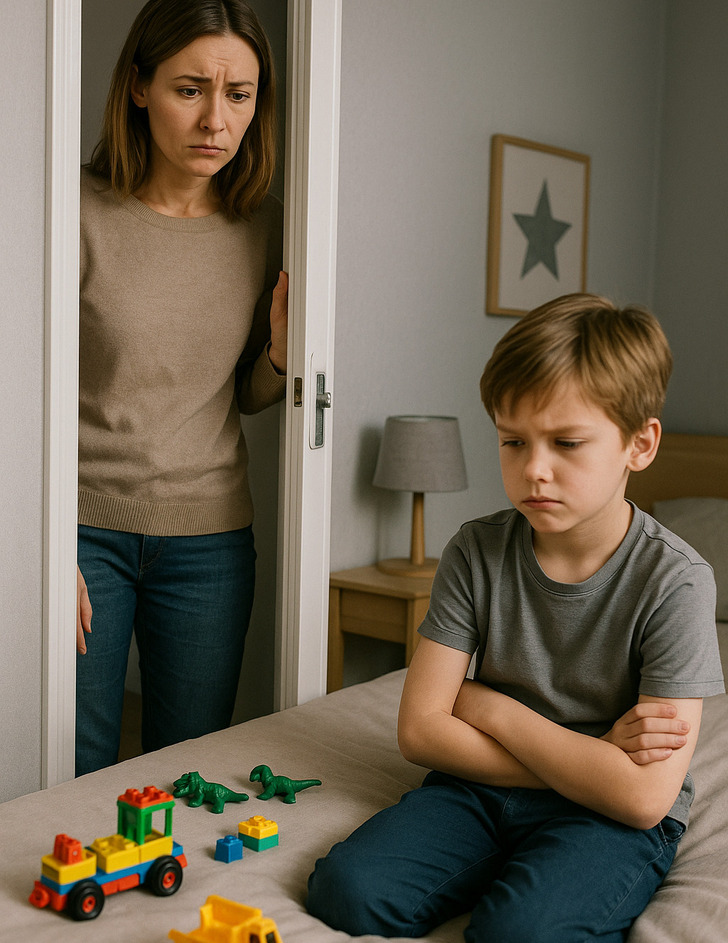
Since then, Noah’s been quiet. Withdrawn. When I ask him about school, he just shrugs. I can tell he knows something’s wrong, but he doesn’t want to talk about it. And honestly, I don’t know how to talk about it either.
I’ve considered going to the school board. Filing a formal complaint. Not because I want revenge, but because I can’t believe how easily they just... let him go. Like he was a problem to erase.
But when I bring this up with family or friends, they say things like, “Maybe she was just protecting herself,” “You’re taking this too personally,” “Maybe Noah really does need serious help.”
And maybe they’re right. Maybe he does need help. But the way she spoke about him... like he was a threat, like he was less than human—it felt like a betrayal. How can someone who’s supposed to help children act like they’re the danger?
It’s terrifying to feel like you’re the only one fighting for your child. It’s even more terrifying when everyone around you is acting like you’re the problem.
I don’t know what to do next. I just know that something inside me says this isn’t right. And if no one else will stand up for my son, then I will—even if it means everyone thinks I’ve lost my mind.
—Lana.
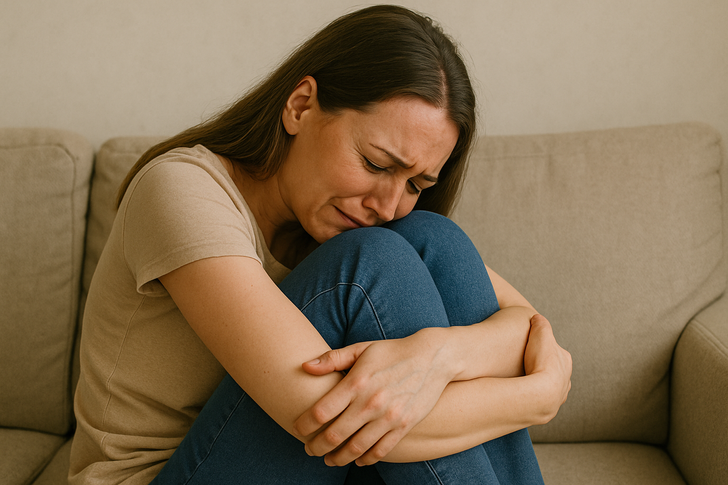
Thank you, Lana...
We know it’s never easy to open up, especially when it comes to something as personal and painful as your child’s emotional well-being. Your honesty matters, and we truly value your voice. While there’s no perfect manual for parenting during a crisis, here are a few suggestions that might help you navigate this difficult time and rebuild the trust and support your family needs right now.
Tips for moving forward with strength and compassion.
- Seek an independent child psychologist. A fresh, unbiased professional may be able to offer insight into Noah’s behavior—and help him feel seen without judgment.
- Keep open communication with your son. Even if he’s withdrawn, gently remind him that you’re listening, and that his feelings matter. Sometimes just sitting in silence together can be healing.
- Involve a trusted family member as emotional support. Even if not everyone agrees with you, someone neutral might help bridge the gap between you and other relatives—and remind them this is about Noah, not egos.
- Reframe the narrative at home. Try not to let your son internalize the idea that he’s “bad.” Remind him that feeling big emotions is human—and that getting help is a sign of strength, not weakness
- Open a respectful conversation with the school (if possible). If you feel ready, requesting a meeting—with a mediator or advocate present—might be a step toward ensuring Noah’s experience doesn’t repeat itself.
- Let go of being “right” to focus on being effective. Sometimes, the goal isn’t to prove who failed, but to find the next best step for your child’s wellbeing—even if it means working with people you disagree with.

Whatever you decide to do next, remember: asking for help isn’t weakness. It’s love in action. We’re sending you strength, Lana. And to anyone else reading this who feels unheard or overwhelmed—you’re not alone.
Lana’s story reminds us how complicated parenting can be—especially when it feels like no one else sees your child the way you do. But what do you think? Do you think the counselor handled the situation professionally? Should schools be doing more to support children going through emotional challenges like divorce? And what would you have done in Lana’s place? Share your thoughts in the comments—we’d love to hear from you. And if you’re interested in more stories about families navigating difficult moments, check out this article.
Comments
Related Reads
I Let My Kids Play Outside Alone and Child Services Showed Up at My Door
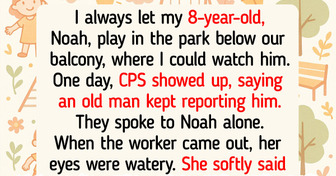
I Forced a Woman Out of My Seat—and Got an Unexpected Surprise
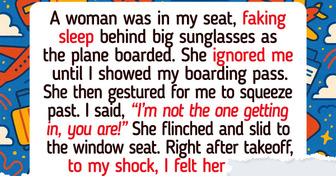
15 Moments That Prove Kindness and Compassion Are the Only Currencies That Never Lose Their Value
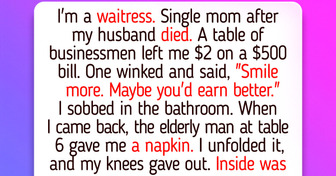
I Quit After My Boss Denied Me My Lunch Break
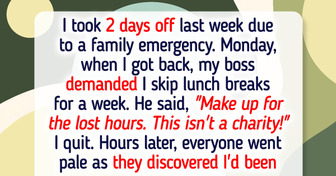
15 Moments That Teach Us to Stay Kind, Even When the World Gets Tough
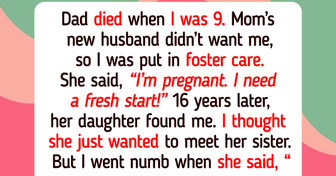
15 Stepchildren Who Finally Saw Their Stepparents as Real Family
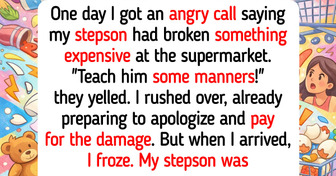
I Refused to Let My Boss Track My Every Move—I Don’t Need an “Ankle Monitor”
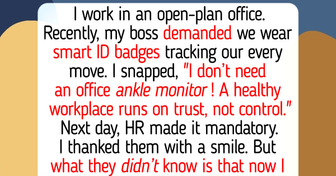
15 Moments That Prove Quiet Kindness Is What Keeps the World Together
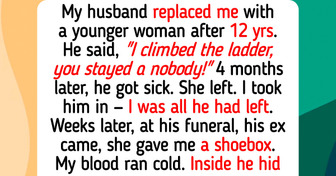
13 Life Moments That Prove Kindness Costs Little but Goes Far
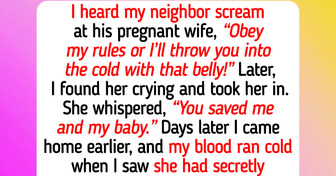
10+ Stories That Remind Us Why Small Acts of Kindness Echo Forever

13 Stories of Quiet Kindness That Show Superhuman Strength in Ordinary People

20+ People Who Prove Outsmarting Life Is an Art Form
